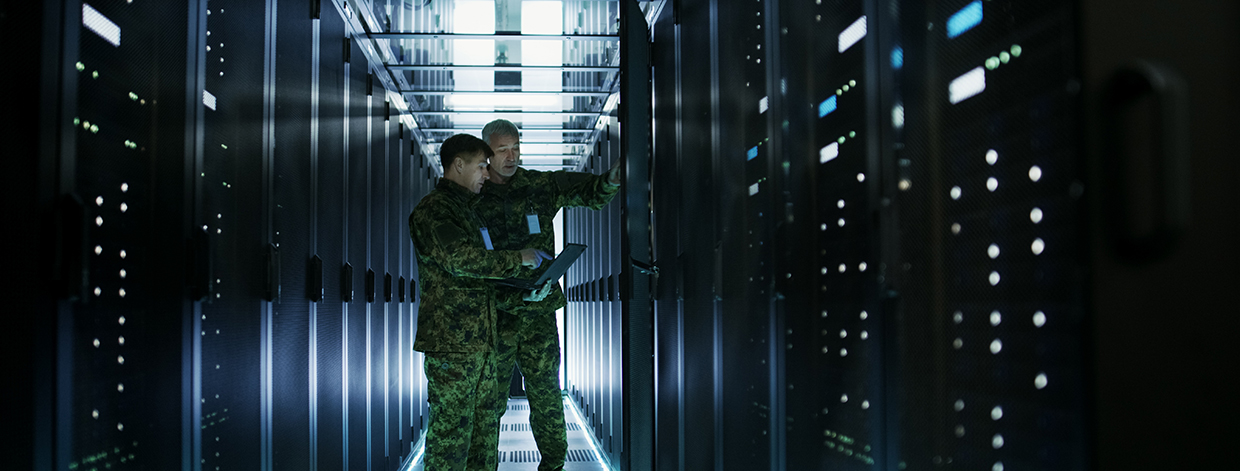IT Operations “Hacks” that AIOps Apps May Never Learn
Despite its reputation as a technical field, IT operations require a host of skills and capabilities that are uniquely human. The key to making the most of emerging AI technology is to know how it complements an IT pro, not where it competes.
Despite all the hype, it’s important to recognize that artificial intelligence for IT operations (AIOps) applications are tools to help IT pros, but not a replacement for their skills and expertise. If history is an indicator, every time there is an advancement in technology, more jobs are created than are replaced. Think of the horse and buggy to the automobile. Think of print and the Internet. Think about the calculator and the personal computer.
At its core, AIOps is designed to streamline and enhance IT operations (ITOps) by leveraging artificial intelligence, machine learning and deep learning. That’s the calling card, but what does AIOps struggle with? What are limits of sentient non-human beings?
Experience and intuition
As ironic as it seems, the tasks that AIOps attempts to replace requires tons of data that are derived from experience, however when faced with complex problems or tasks it’s near impossible to replicate intuition that takes into account more than what is presented by raw data.
Communication
AIOps cannot replace the importance of effective communication that requires collaboration, empathy, or compassion that IT professionals provide when dealing with customer and team members. As a matter of fact, anything requiring human emotion, or emotional intelligence (EQ) as part of the equation, will be alien to an AI and typically go horribly wrong. EQ, plus body language, tone, etc. are a huge part of communication and effective collaboration and execution within IT operations.
Context
Over many years humans will develop an ability to understand the wider business context and effectively manage risks in ways that AIOps alone may not be able to understand. IT professionals can prioritize tasks based upon business goals, allocate resources effectively and make informed decisions about risk mitigation strategies that AIOps may not fully comprehend.
Self-learning
AI is designed to learn, so seeing it in this list might seem strange. While AI can assist with data analysis and provide recommendations, it may not be able to come up with truly innovative or creative solutions that require a human touch. IT professionals possess creativity and adaptability in problem-solving and stay up to date with industry trends to ensure efficient IT operations. This is paramount when tackling some of the most complex problem-solving scenarios we can find ourselves in.
Adaptability
IT professionals can tailor their approach based upon specific organizational needs, demonstrate adaptability in various situations, and consider ethical implications when faced with complex issues, which AIOps may not be able to fully ‘process’ let alone act upon. The business is littered with examples of inventiveness and brinkmanship that defies common logic, let alone computer logic.
While there are many things that AIOps can do faster, allowing organizations to work more efficiently, there are still numerous things that AIs can’t master. Humans have tried to make expert systems in the past by interviewing a myriad of “experts”, collecting their experience, and creating decision trees – so that decisions could be made like a human. While they work well in theory, there are many things that go into decision-making and execution that are difficult, if not impossible, for AI to replicate.
Video killed the radio star, but humans are still the main act.
Find out your technology savings with a Tanium ROI report. Sign up today.




